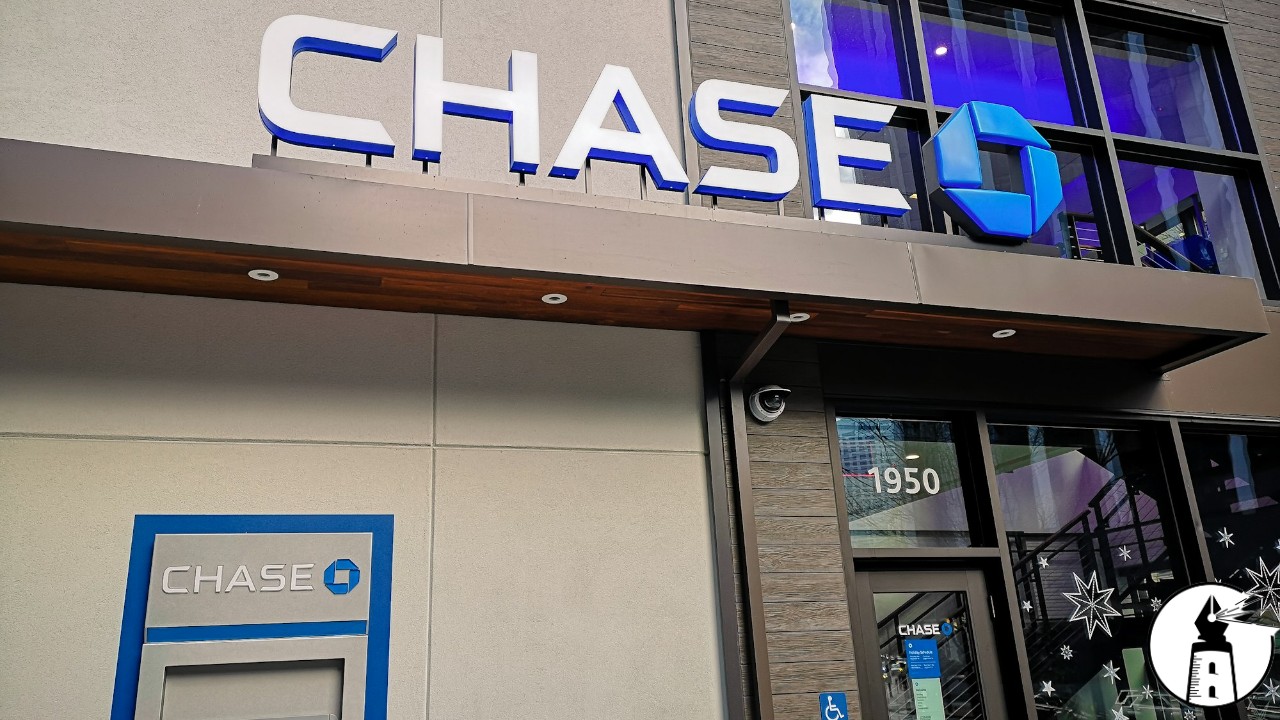New York Attorney General Letitia James has filed a lawsuit against Zelle, accusing the payment platform of enabling widespread fraud and failing to implement basic safeguards until years after it knew about vulnerabilities. The case comes amid a broader slowdown in federal consumer protection enforcement following U.S. President Donald Trump’s return to the White House, leaving state-level agencies as some of the few remaining watchdogs in this space.
Zelle, launched in 2017, competes with PayPal’s Venmo and Block’s Cash App. It is operated by Early Warning Services, a company owned by seven major U.S. banks: Bank of America, Capital One, JPMorgan Chase, PNC, Truist, U.S. Bank, and Wells Fargo. According to the lawsuit, both Zelle’s parent company and the banks were aware for years that the platform was an attractive target for fraudsters. The complaint says they resisted enacting even basic protections, ignored many customer complaints, and in some cases allowed known fraudsters to remain on the platform.
The result, according to James, has been “rampant” fraud. She alleges that victims were often left to deal with their losses alone, with Zelle sometimes refusing to assist even after acknowledging scams had occurred. In a number of cases, banks have gone further by accusing victims themselves of being scammers, thereby compounding the harm by denying reimbursement and adding reputational damage to financial loss.
The lawsuit outlines a number of scams facilitated through Zelle, including impersonations of banks, government offices, and utilities, as well as sales of nonexistent goods.
Among the most common schemes is the “money moving” scam. In this setup, criminals convince victims to transfer funds through their own bank accounts, often under the guise of helping the bank “catch” fraudsters, securing a promised loan, or processing payments for a remote job. The victims are told to forward the money, frequently via Zelle, to other accounts. In reality, they are being used as unwitting “money mules,” moving stolen funds so the criminals can cover their tracks.
The danger extends beyond financial loss. Because the funds are often tied to other crimes, victims who unknowingly move them can be accused of participating in money laundering. Even without criminal intent, they may face frozen accounts, bank bans, and, in some cases, legal investigation. This turns what seemed like an innocent favor or job into a potential criminal liability.
James also noted that it was not until 2023, four years after Zelle had proposed its own safeguards, that the company finally implemented them, following investigations by the Consumer Financial Protection Bureau (CFPB) and members of Congress. While reported fraud losses have since declined, the lawsuit says these measures came too late for many victims and that significant fraudulent activity continues.
In response, Zelle maintains that scams originate when criminals trick people into sending money and that the platform itself is not the source of the fraud. The company claims more than 99.95% of transactions occur without reported issues and warns that holding it liable could increase consumer costs. Zelle called the lawsuit “a political stunt to generate press, not progress.”
The lawsuit seeks to compel Zelle to strengthen its anti-fraud measures further and to provide restitution and damages to defrauded New Yorkers. It follows other actions by James, including a May lawsuit against Capital One over alleged interest payment shortfalls and a June settlement with MoneyGram over remittance issues. Meanwhile, the CFPB has abandoned similar enforcement cases, underscoring the shifting regulatory landscape for consumer financial protection.
Learn more about Zelle scams and ways to protect yourself here.
—By Greg Collier



